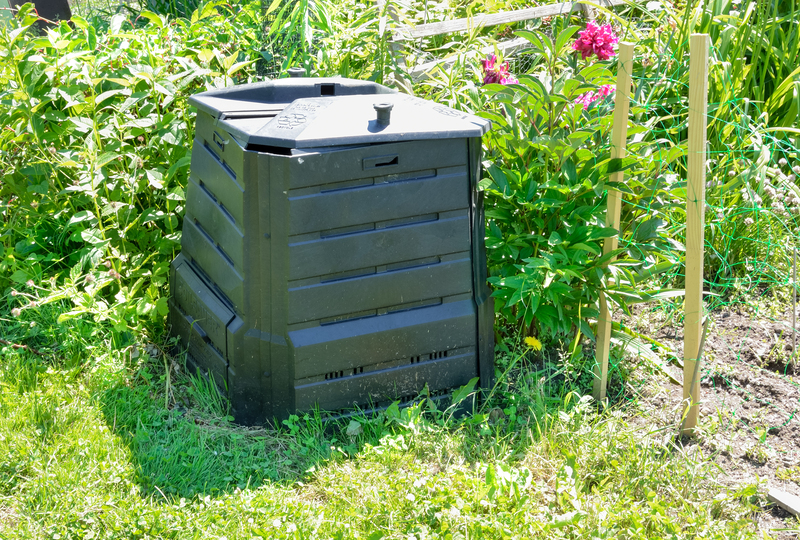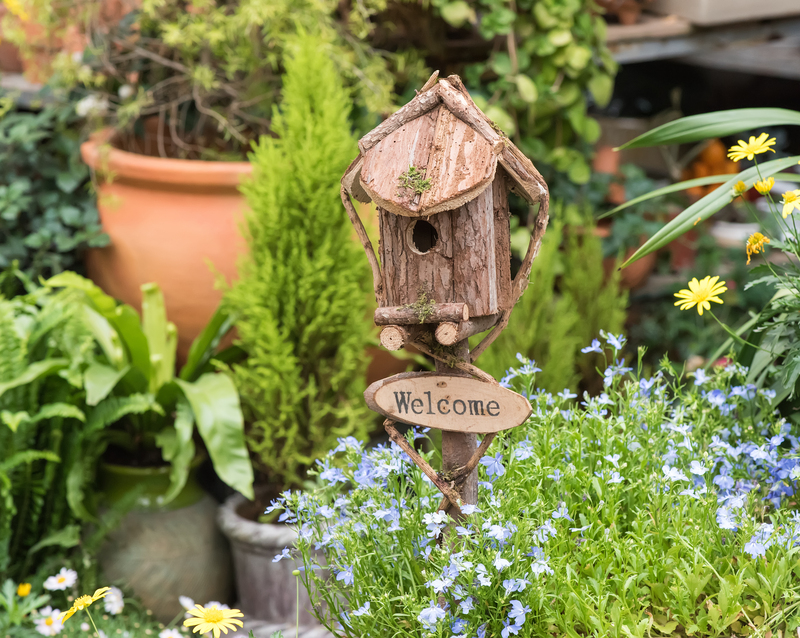Understanding Green Waste and Its Environmental Impact
Green waste, also known as biological waste, encompasses organic material such as garden clippings, food scraps, and biodegradable waste from parks and gardens. While often overlooked, this form of waste can have a considerable environmental impact if not managed properly. Not only does it contribute to landfill mass, but it also produces methane, a potent greenhouse gas that exacerbates climate change.
Why Reducing Green Waste Matters
Managing green waste effectively is crucial for maintaining our environment's health. By significantly reducing your green waste, you can help conserve resources, decrease greenhouse gases, and even save money on waste disposal fees. Knowing how to minimize this waste can foster healthier gardens and communities as a whole.

Practical Strategies to Reduce Green Waste
Here are some actionable steps you can take to profoundly diminish the amount of green waste you produce:
1. Composting: Turn Waste into Resource
Composting is an age-old method that converts organic waste into valuable fertilizer for gardens. It's a simple, eco-friendly way to handle kitchen scraps and yard debris. By transforming green waste into rich compost, you not only reduce landfill contributions but also enrich your soil, enhancing plant growth and health.
Steps to Start Composting
- Choose a suitable compost bin or create a compost pile in your backyard.
- Add a mix of "greens" (vegetable and fruit scraps) and "browns" (dry leaves, branches).
- Maintain the right moisture level and occasionally turn the pile to aerate and speed up decomposition.
2. Grasscycling: A Green Lawn Solution
Grasscycling involves leaving grass clippings on your lawn instead of bagging them. The clippings decompose quickly, returning valuable nutrients like nitrogen back to the soil, promoting healthy grass growth without synthetic fertilizers.
Benefits of Grasscycling
- Reduces the need for chemical fertilizers.
- Minimizes waste transportation and disposal costs.
- Supports lawn resilience during dry spells by retaining moisture.
3. Be Mindful of What You Plant
Choosing the right plants for your garden can significantly reduce green waste. Opt for native plants that require less maintenance and generate less organic waste. These plants are adapted to local climate conditions, offering greater sustainability and lower landscaping waste.
Additional Tips for Reducing Green Waste
4. Implementing Mulching Techniques
Mulching involves applying a layer of organic materials such as bark, leaves, or compost to the soil surface. It suppresses weeds, retains soil moisture, and adds nutrients to the soil as it decomposes.
5. Efficient Garden Planning
Effective garden planning can play a significant role in reducing excess waste. Design your garden with a strategic layout to minimize plant overgrowth and over-pruning. Aim for diversity and density in planting, keeping waste-producing plants to a minimum.
6. Use of Biodegradable Products
Switch to biodegradable products for garden maintenance whenever possible, such as plant-based potting pots or bio-degradable bags for nursery plants.
Community Initiatives and Policy Changes
Beyond individual efforts, community programs and policies can also drive significant change in reducing green waste.
7. Participate in Local Composting Programs
Many cities offer community composting bins or curbside collection services. Participating in such programs can effectively reduce your household's organic waste footprint.
8. Support Green Waste Reduction Campaigns
Advocating for policies that support composting infrastructures and zero-waste strategies in your local area can lead towards systemic changes needed to manage green waste sustainably.

Technology and Innovation in Green Waste Management
Embrace New Waste Reduction Technologies
Technological innovations continue to emerge, offering advanced and efficient solutions for reducing green waste. From smart composters that accelerate breakdown processes to apps that help track and reduce household waste, new tools are available for households and communities.
Conclusion: Your Role in Reducing Green Waste
By adopting a comprehensive approach to managing your green waste, you not only contribute positively to the environment but also build healthier and more sustainable communities. Whether through individual practices like composting and mulching or broader community and policy engagement, everyone has a role to play in supporting this crucial environmental effort.
Start implementing these strategies today and observe the significant impact these small changes can make in reducing green waste in your home and community. Together, a collective effort can pave the way to a greener planet.